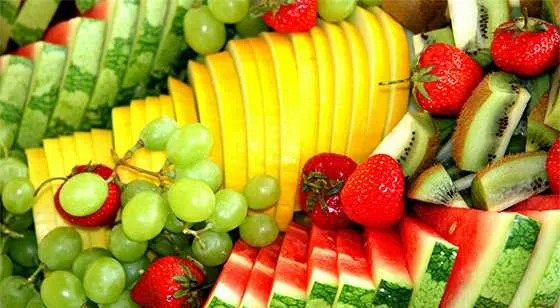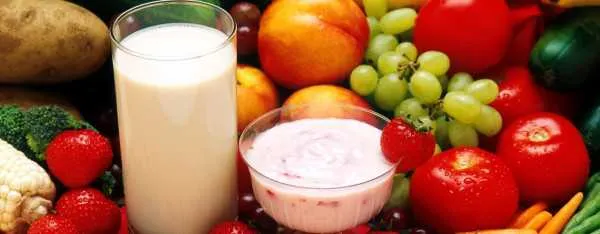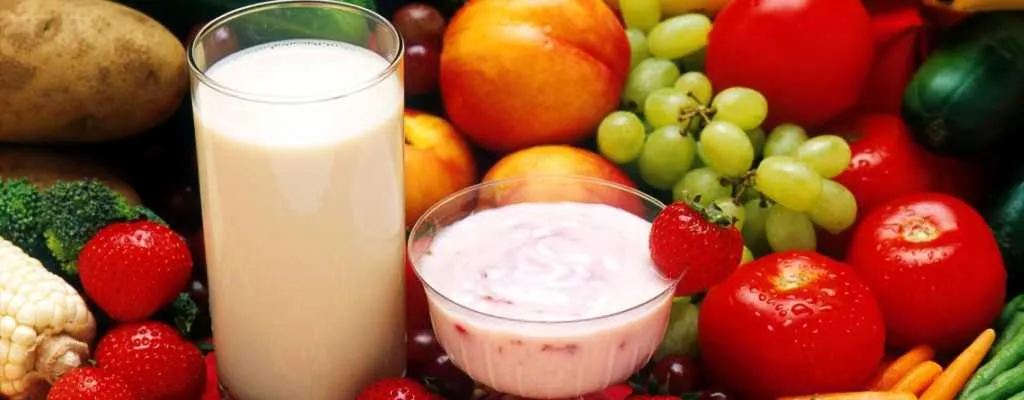Healthy Vegetarian Diet
The biggest concern before becoming a vegetarian for a non – vegetarian person is adequate nutrition. It is a myth that vegetarian food have very low amount of major nutrients like proteins, fats and minerals. Studies have shown that fewer cases of heart diseases and type 2 diabetes have been reported in vegetarians as compared to their non vegetarian counterparts. Generally, the vegetarian diet consists of carbs, proteins, unsaturated fats (good fat), fiber, Folate, antioxidants etc. but it is very important to create a balanced diet with vegetarian food so you don’t miss any nutrient. Here, we will help you out on customizing your own vegetarian diet with healthy stuffs.

Breakfast
This is the most important meal of the day which you should not miss at any cost. You should take more amount of protein because it takes time to digest means you will feel full for longer. You can add seeds and nuts to your bowl of porridge or cereals with a generous amount of natural yogurt. Besides protein, mineral like iron is also essential for the body and its uptake by the body is facilitated by vitamin C therefore you should include food which contains iron and vitamin C or make combination of food. For example, you can have breakfast cereals, muesli, whole meal bread, pumpkin or sunflower seeds along with a glass of orange juice. If you are vegan (means you excludes milk and dairy products) then you can choose a fortified alternative of vitamins and minerals like vitamin B12, calcium and iron.
Mid morning snack
This meal is like filler which provides enough energy and keep you driving till lunch. This is also important because you are going to eat less during lunch because your stomach will be already full with mid morning snack. You can have a fruit smoothie, fruit packed muffins or toast topped with banana instead of biscuits as nourishing option.
Lunch
As we mentioned earlier, you are going to eat less if you had your mid morning snack. Try to aim for proteins, carbs and fats during lunch. You can get these nutrients from beans, peas, nuts, grains or milk products along with starchy food. carbs helps in steadying your blood sugar level while fat is important to facilitate the fat soluble vitamins A, D, E and K. plant based food is rich in unsaturated fats like MUFA (mono-unsaturated fatty acid) and PUFA (poly-unsaturated fatty acids) which are very heart friendly and you can get them from coconut, palm, olive, avocado and rapeseed oil while nuts and seeds are rich in PUFA especially the omega – 3 fatty acid.
Evening snack
This time is for relaxing and entertaining your taste buds with tasty sugary and salty delights. You can have baked seeds and nuts, sprouted seeds, popcorn, crackers with low fat cream or colorful salad. These items are packed with proteins and fiber which will make you full without compromising on the taste factor.
Dinner
This meal should be light but filling enough to drive through your next meal that is breakfast. Your body generally does the repairing of wear and tears of tissues and regeneration work during sleep and these functions needs protein as building blocks. Therefore, you must include protein rich food like legumes, lentils, beans, eggs or dairy products like cheese in your dinner along with carbohydrates.

It should be noted that plant proteins are known as “incomplete proteins” because they don’t contains essential amino acids (structural unit of protein) and therefore you should eat a diet which complement each other with respect to proteins. Some vegetarian foods which complement each other are:
- Milk with grains like cereals which you can take in breakfast
- Grains with legumes like beans and rice
- Grains with nuts or seeds e.g. rice with almonds
- Milk with legumes e.g. soup
- Legumes with nuts or seeds
By keeping these dietary considerations, you can easily customize your vegetarian diet without fearing about nutrient deficiency.

